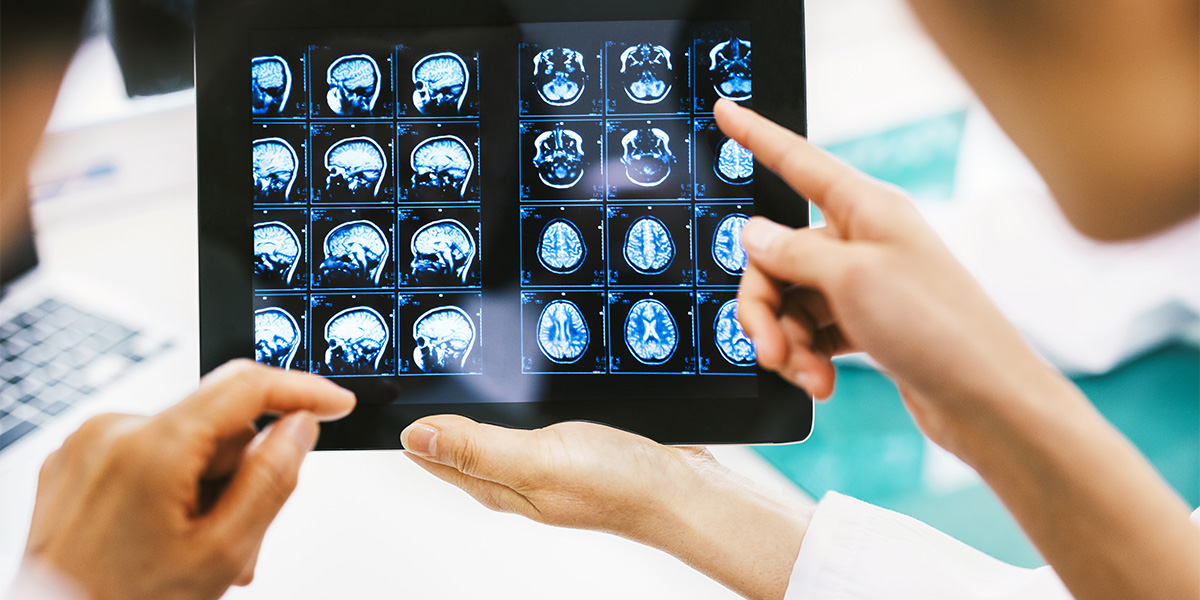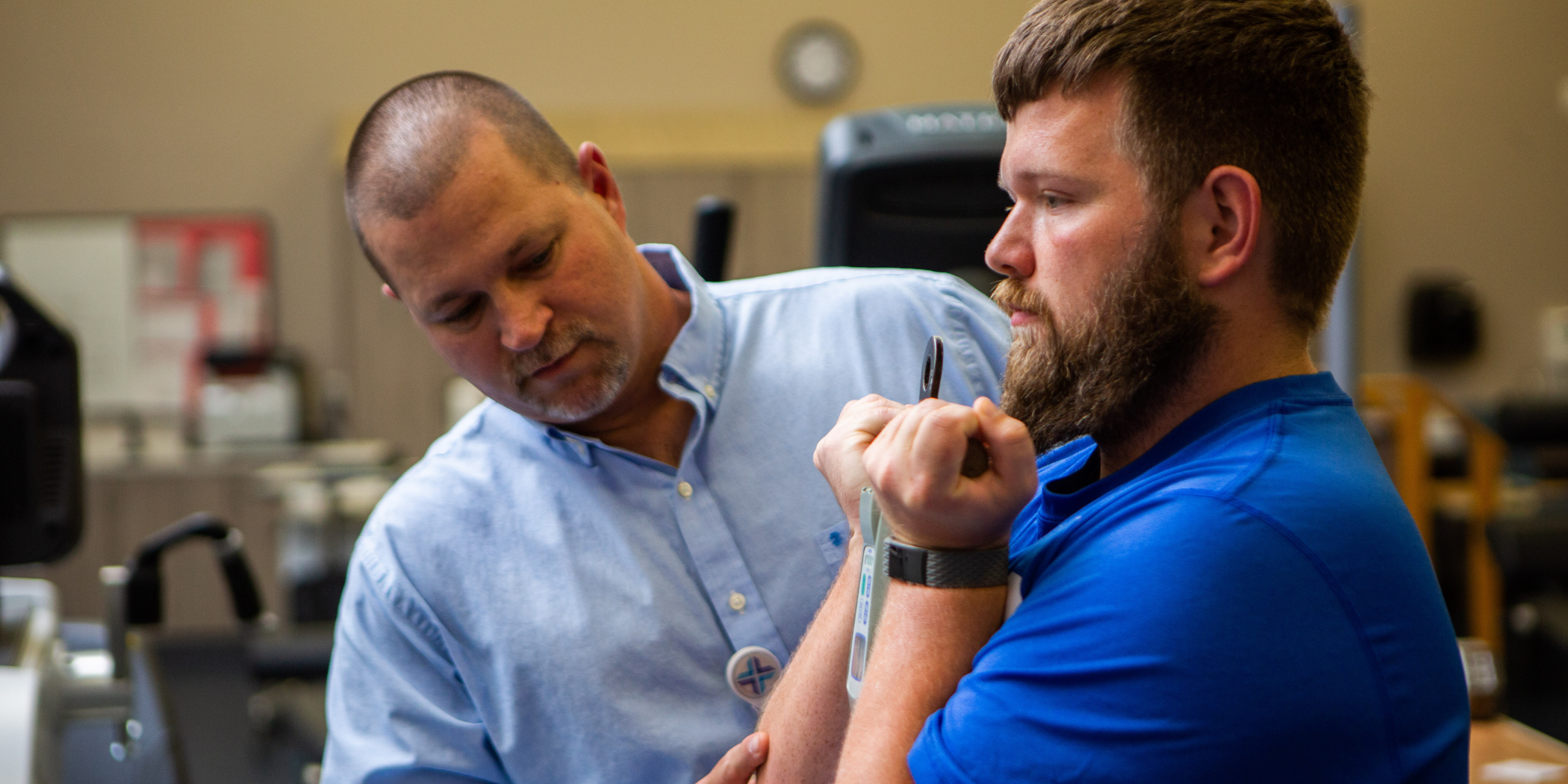
Feeling the burn
Is this heartburn or something more?
Your dinner – lasagna, salad, chocolate cake and three glasses of red wine – was delicious. But now your stomach hurts and there is a burning in your chest.
Maybe you ate just a little too much for dinner. You write it off as heartburn and take some TUMS; hoping for relief and shrugging off that this isn't the first time you've experienced this discomfort recently.
This pain might not be simply heartburn, but the onset of acid reflux or gastroesophageal reflux disease known as GERD. And while over-the-counter medications like TUMS or Pepcid AC may provide temporarily relief, these digestive diseases could lead to more serious problems — like cancer.
The stomach normally makes strong acid and enzymes to help digest food. In some people, acid can escape from the stomach into the lower part of the esophagus. This is where GERD comes in.
In many people, reflux causes symptoms such as heartburn or pain that seem to come from the middle of the chest. In some, though, reflux doesn't cause any symptoms at all.
People with GERD have a slightly higher risk of getting adenocarcinoma of the esophagus. This risk seems to be higher in people who have more frequent symptoms. But GERD is very common, and the vast majority of people who have it do not go on to develop esophageal cancer. GERD can also cause Barrett's esophagus, which is linked to an even higher risk.
The longer someone has reflux, the more likely it is that they will develop Barrett's esophagus. Most people with Barrett's esophagus have had symptoms of heartburn, but many have no symptoms at all.
The gland cells in Barrett's esophagus can become more abnormal over time. This can result in dysplasia, a pre-cancerous condition. Dysplasia is graded by how abnormal the cells look under the microscope. Low-grade dysplasia looks more like normal cells, while high-grade dysplasia is more abnormal and is linked to the highest risk of cancer.
People with Barrett's esophagus are much more likely than people without this condition to develop adenocarcinoma of the esophagus.
However, most people with Barrett's esophagus do not get esophageal cancer. The risk of cancer is highest if dysplasia is present or if other people in your family also have or have had Barrett's.
If you aren't sure, make an appointment to see a doctor when:
- Heartburn occurs more than twice a week
- Symptoms continue after taking over-the-counter medications
- You have weight loss due to poor appetite
If you do not have a primary care physician, visit SpartanburgRegional.com to find a physician and make an appointment.












